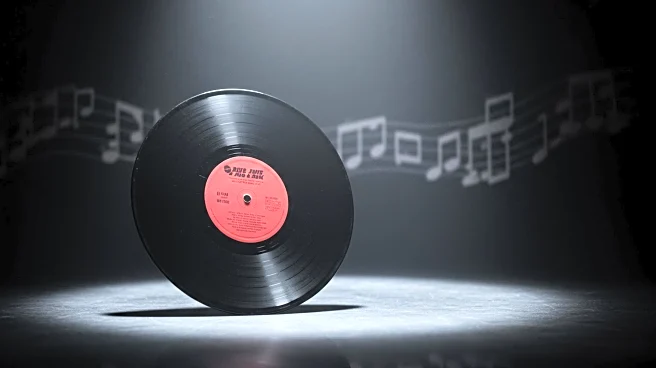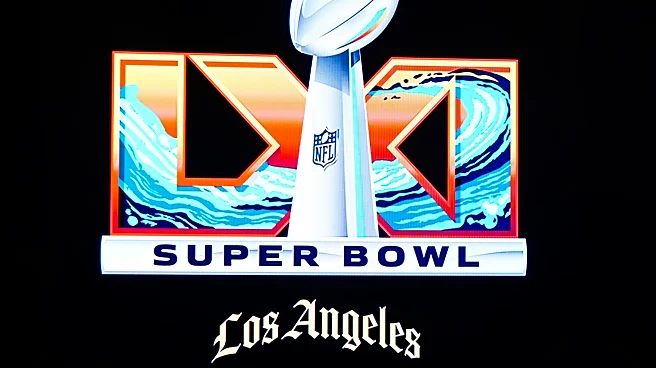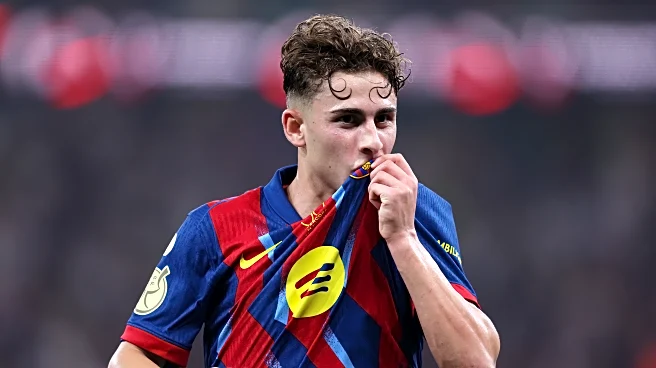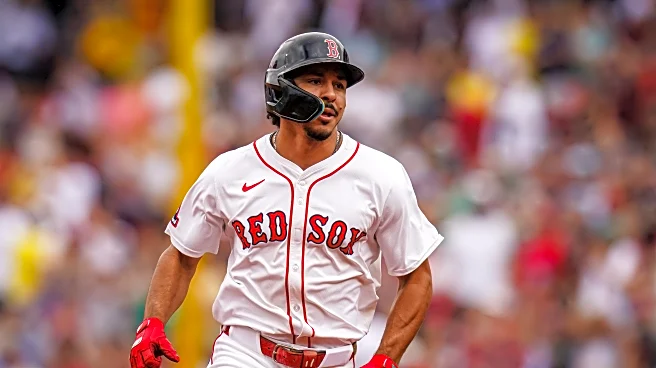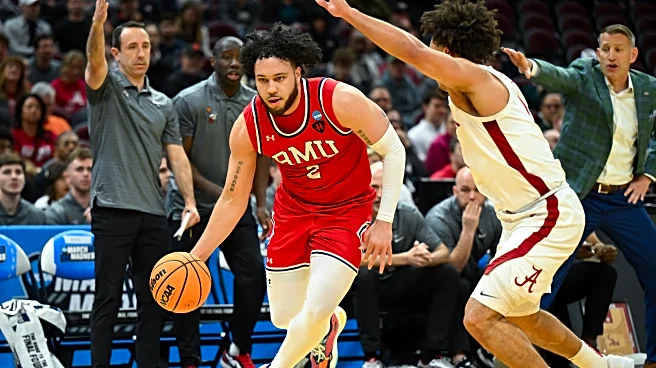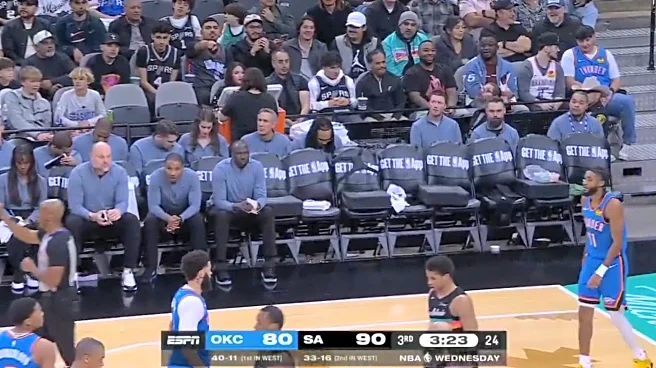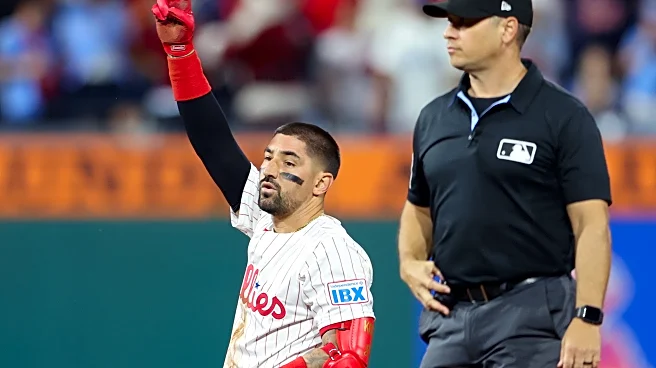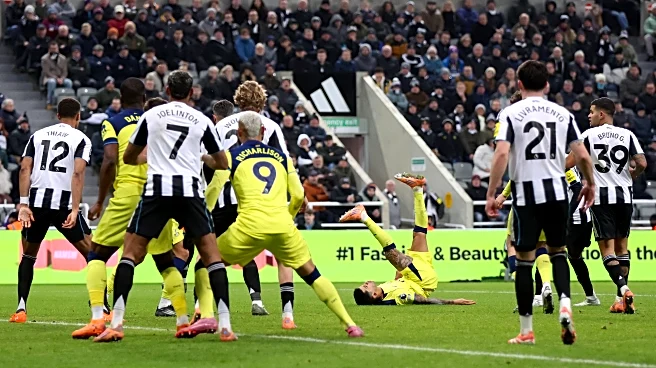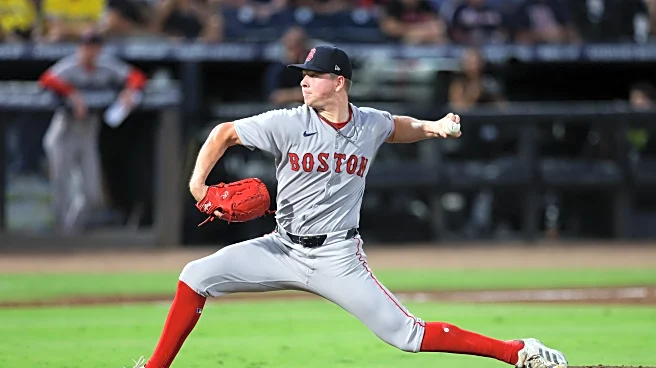What is the story about?
What's Happening?
Chubby Checker, renowned for his 1960 hit cover of 'The Twist,' has announced he will not attend his induction into the Rock and Roll Hall of Fame later this year. Checker, who has been eligible for induction since 1986 but was only nominated this year, expressed his preference for performing live in front of an audience rather than attending the ceremony. He revealed that his manager had booked him a show, which the Hall of Fame suggested he cancel, but Checker insisted on honoring his commitment to the performance. Despite his absence, Checker accepted a statue from the Hall during a show in Des Plaines, Illinois, and expressed gratitude for the recognition.
Why It's Important?
Chubby Checker's decision to skip the induction ceremony highlights the tension between artists' commitments to live performances and formal recognitions. His choice underscores the importance he places on direct audience engagement over televised events. This decision may influence other artists who prioritize live performances over ceremonial appearances. Additionally, Checker's induction, alongside artists like Cyndi Lauper and OutKast, marks a significant acknowledgment of his contributions to music and dance, particularly his role in popularizing dance crazes like the Pony and Limbo.
What's Next?
The Rock and Roll Hall of Fame induction ceremony will proceed in Los Angeles this November without Checker's presence. The event will include other inductees such as Cyndi Lauper, OutKast, and Soundgarden. Checker's absence may prompt discussions within the music industry about the value and format of such ceremonies. Fans and industry professionals may reflect on the balance between honoring artists and accommodating their personal and professional preferences.
Beyond the Headlines
Checker's decision not to attend the ceremony may spark broader conversations about the evolving nature of fame and recognition in the music industry. As artists increasingly prioritize direct engagement with fans, traditional ceremonies may need to adapt to remain relevant. This shift could lead to new formats for honoring artists that align more closely with their values and commitments.
